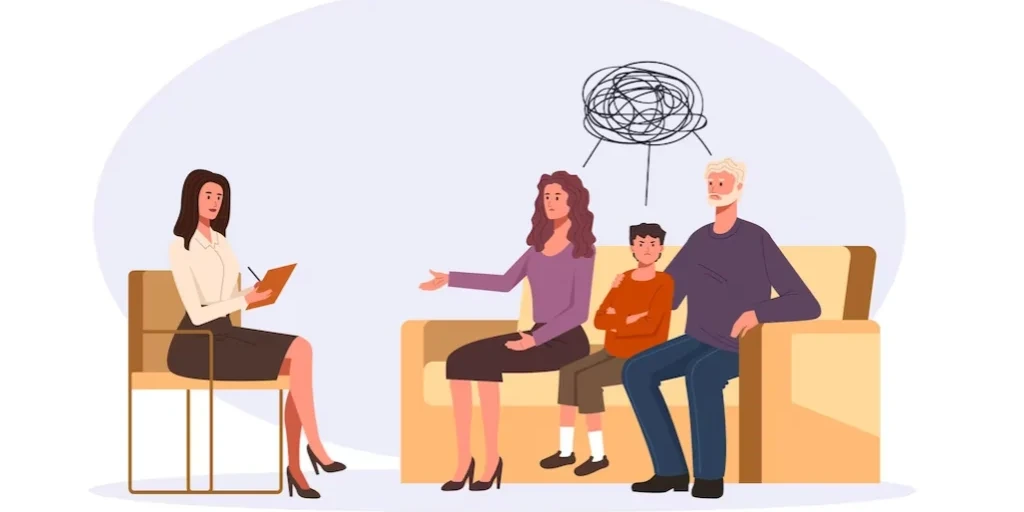24/7 Helpline:
(866) 899-221924/7 Helpline:
(866) 899-2219
Learn more about 90-day Rehab Program centers in Kaw City
90-day Rehab Program in Other Cities

Other Insurance Options

Magellan

Private insurance

UMR

Magellan Health

Health Partners

Holman Group

PHCS Network

Coventry Health Care

Molina Healthcare

Access to Recovery (ATR) Voucher

Ambetter

Kaiser Permanente

Regence

Oxford

BlueCross

BlueShield

Sliding scale payment assistance

GEHA

Aetna

Optum










Tonkawa Tribe – Substance Abuse Program
Indian Alcohol and Substance Abuse Tonkawa Tribe of Oklahoma offers outpatient services for people s...

Edwin Fair Community Mental Health Center – Kay County
Edwin Fair Community Mental Health Center – Kay County is a private rehab located in Ponca City, Okl...

Bridgeway
Bridgeway is located in Ponca City, Oklahoma. Bridgeway provides substance abuse treatment.

Ponca City Rightway Medical
Ponca City Rightway Medical is a private rehab located in Ponca City, Oklahoma. Ponca City Rightway ...
































Alpha II
Alpha II is a private rehab located in Tonkawa, Oklahoma. Alpha II specializes in the treatment of a...




























